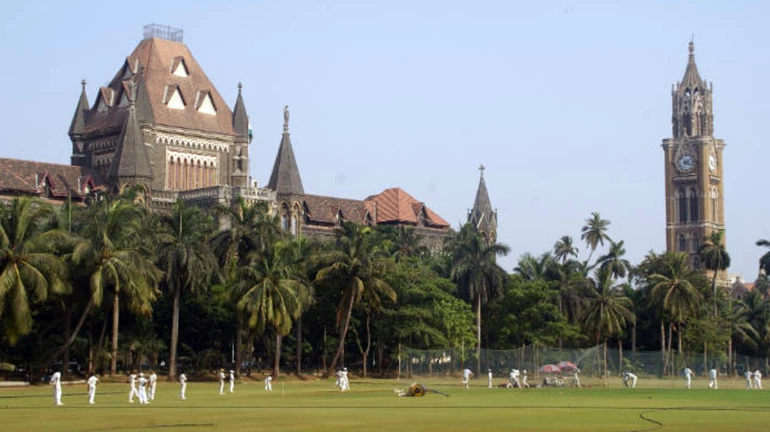
The Bombay High Court is seeking the Central Government’s help in ascertaining the impact of construction activity near Banganga Tank which is a Grade-I heritage structure situated in Malabar Hill, South Mumbai. The court has asked the Central Ground Water Board (CGWB) to determine the overall impact of construction in the region.
The agency has also been asked as to how the construction activity may be impacting the natural water springs and other sources that bring water into the tank. The court has expressed its concerns over the fact that the tank may dry up if these water sources are harmed in any way. With this in mind, the CGWB has also been included as a party to the case.
A division bench consisting of Chief Justice Dipankar Datta and Justice Girish S Kulkarni heard the petition filed by the ‘The Board of Trustees of the Temples Charitable Institutions and Funds of the Goud Saraswat Brahman Community’. The trust is responsible for the management of the nearby Walkeshwar Temple as well as the Banganga Tank.
Advocate for the trust, Devendra Rajapurkar had previously alleged that the construction activity by real estate developers in the region has affected the heritage structure. The petition also said that the underground water flow is contaminated regularly due to muddy water seeping through, resulting in an accumulation of mud in the tank.
Also read - Bombay High Court Seeks A Detailed Report Ascertaining The Damage At Banganga Tank
However, the court allowed the resumption of piling and other construction activity in the region by two developers. This came after the court heard from the State Director of Archaeology and Museums who said that the allegations put forward by the temple trustees, especially with regard to “severe impact” on the tank, were wrong.
Although the court lifted the stay on construction, the agency was ordered to depute an officer to inspect the tank for the duration of the construction and present a report to the court during the next hearing.
“Perusal of the two reports that have been placed on record (by state archaeology authority) does not reveal that as a result of the piling and construction activities presently undertaken by the two developers, represented by senior counsel Milind Sathe, flow of underground natural water to the tank shall not be obstructed or that the quality of the water thereof shall remain unaffected in future,” the Bombay High Court noted in its order dated March 9.
Additionally, Chief Justice Datta sought additional assistance from the Additional Solicitor General Anil Singh, while adding that the court has found no reason to disbelieve the contents of the two reports provided by the State Archeology Authority which went on to say that there were no contaminations at the site.
“Archaeology and Museums Directorate might not be the correct authority. These are natural springs by virtue of which the Banganga tank survives. Now what is to be studied is from where the spring is coming and if the complete water supply is gone, Banganga will be a dead monument. It is a serious issue.” Justice Kulkarni noted.
The temple trust has alleged that the developers have received permissions to resume construction by misleading the court. The HC has acknowledged that the State Archaeological Directorate conducted the inspections during a break in construction.
Also read - Maharashtra Gears Up To Act On Air Pollution





